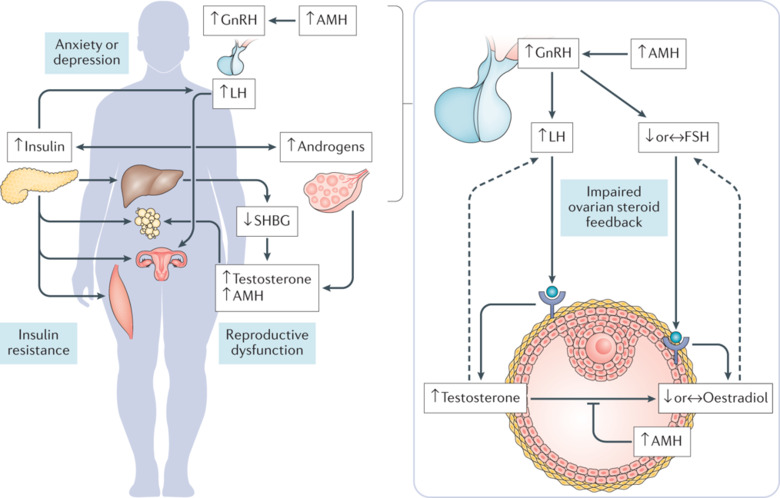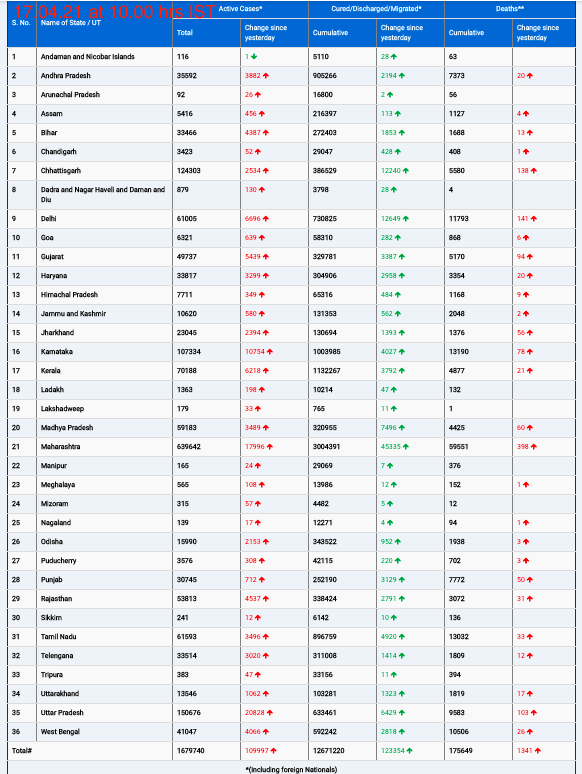A new study has revealed concerning findings for women with severe endometriosis, linking the condition to a significantly higher risk of developing ovarian cancer. According to research published in JAMA earlier this year, women with severe forms of endometriosis face nearly a 10-fold increase in ovarian cancer risk compared to those without the condition. Even those with endometriosis in general have a 4.2 times greater risk.
Dr. Sarah Adams, a professor at the University of New Mexico Cancer Center, emphasized the alarming magnitude of this risk, noting that it is far greater than previously understood.
Endometriosis, a condition affecting approximately 11% of women aged 15 to 44, occurs when tissue similar to the uterine lining grows outside the uterus. This causes severe pelvic pain, heavy bleeding, and other complications. While different types of endometriosis exist, the most severe form—deep infiltrating endometriosis—appears to carry the highest risk for ovarian cancer, according to Dr. Tamer Seckin, an expert in endometriosis surgery at Lenox Hill Hospital.
About 1.1% of women in the U.S. develop ovarian cancer, a rare but often fatal condition. The study, which analyzed data from nearly 451,000 women, found that of the 78,500 women with endometriosis, 597 developed ovarian cancer between 1992 and 2019.
Understanding the Link Between Endometriosis and Ovarian Cancer
Previous studies have hinted at a connection between endometriosis and ovarian cancer, but the latest research provides more detailed insights. The JAMA study, which examined the Utah Population database, classified women based on the type of endometriosis and ovarian cancer they had, revealing stronger associations than prior research.
The findings showed that women with any form of endometriosis had a higher risk of ovarian cancer. Notably, those with deep infiltrating endometriosis or ovarian endometriomas—both severe manifestations of the condition—had an 18.96-fold higher risk of developing type I ovarian cancer. This form of cancer tends to grow more slowly and has a better prognosis. In contrast, women with these severe forms also had a 3.72-fold increased risk of type II ovarian cancer, which is more aggressive.
Dr. Karen Schliep, one of the study’s authors, described the 19-fold increased risk as “striking,” comparing it to the well-established link between smoking and lung cancer. Experts agree that while endometriosis doesn’t directly cause ovarian cancer, it may increase susceptibility by creating an environment where cancerous changes are more likely to occur.
Potential Mechanisms and Future Directions
Researchers speculate that endometriosis lesions might contribute to the development of ovarian cancer, potentially through an inflammatory process that creates an environment conducive to cancerous changes. Another theory is that genetic factors linked to both endometriosis and ovarian cancer might overlap, increasing risk for individuals with the condition.
While further research is needed to understand the precise mechanisms behind this link, the study’s authors suggest that those with endometriosis could benefit from counseling on ovarian cancer risk and prevention.
What This Means for Women with Endometriosis
While the increased risk of ovarian cancer is concerning, Dr. Schliep reassured that ovarian cancer remains rare, even for those with severe endometriosis. However, awareness of this connection is crucial, says Mary Lou Ballweg, president of the Endometriosis Association. Many women with endometriosis experience delays in diagnosis, and symptoms such as painful periods and cramping are often dismissed.
Currently, there are no reliable screening tests for ovarian cancer for the general population, and women are typically only screened if they have a family history or genetic risk factors. However, pelvic exams, blood tests, and transvaginal ultrasounds can be helpful tools for monitoring signs of the disease in women with endometriosis.
For those with the condition, it’s important to stay vigilant and discuss potential risks with healthcare providers. Dr. Seckin stresses the importance of not underestimating the severity of endometriosis, as this study may trigger more attention toward improved diagnosis and treatment.
Although endometriosis itself may not be preventable, certain lifestyle changes—such as regular exercise, avoiding excessive alcohol and caffeine, and using hormonal birth control—may help reduce risks. For women with endometriosis, early awareness and proactive health management could be key in reducing the potential for ovarian cancer.












